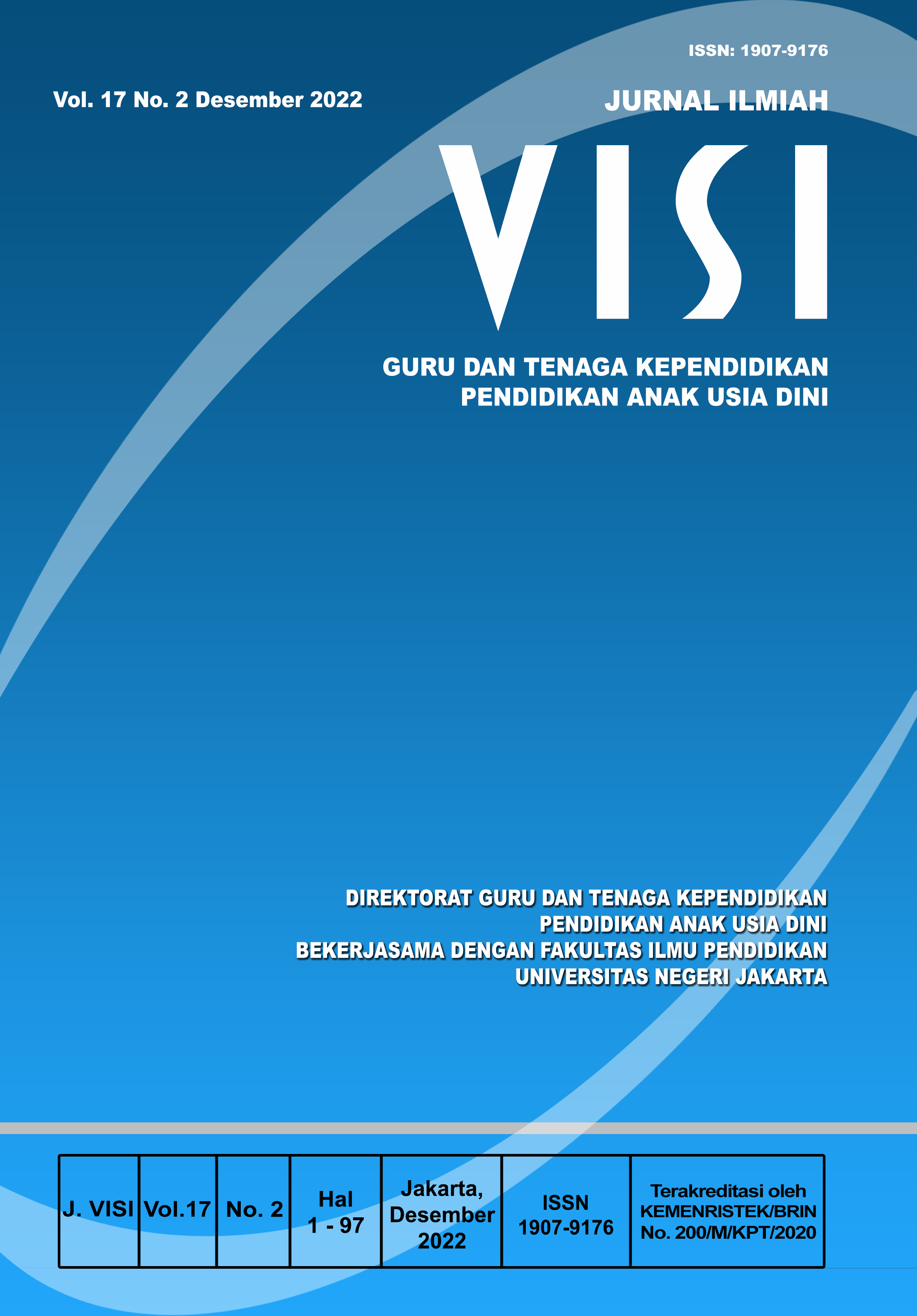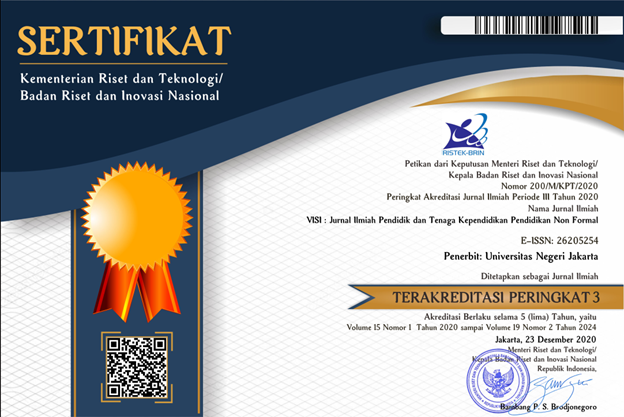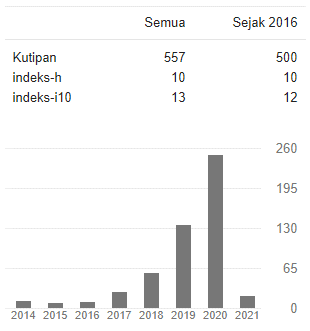ANALYSIS OF WOMEN'S EMPOWERMENT BASED ON NON-FORMAL EDUCATION THROUGH SUSTAINABLE FOOD GARDEN PROGRAM
Keywords:
Empowerment, Women Empowerment, Sustainable Food Garden ProgramAbstract
The purpose of this study was to analyze the process of implementing women's empowerment through the Sustainable Food Garden Program in the Sempaja Timur Village, Samarinda City. Methods This research uses a qualitative descriptive approach. The collection technique used interviews with program coordinators, RT heads, chairmen and members of the ACC Women's Group. Observation and study of documents in the form of reviewing photos of the process of implementing empowerment activities through Sustainable Food Garden Program. The data analysis technique uses data reduction, data presentation, and drawing conclusions. The validity of the data using triangulation of sources and techniques. The results of this study indicate that the process of empowering women through Sustainable Food Garden Program in the Sempaja Timur Village includes group capacity building in the form of non-formal education activities in the form of training and group coaching. implementation of women's activities by giving them the power to be independent, as well as monitoring and evaluation aimed at monitoring the progress and success of the program.
Downloads
Published
How to Cite
Issue
Section
License
Authors who publish with this Journal agree to the following terms:
- Author retain copyright and grant the journal right of first publication with the work simultaneously licensed under a creative commons attribution licensethat allow others to share the work within an acknowledgement of the work’s authorship and initial publication of this journal.
- Authors are able to enter into separate, additional contractual arrangementfor the non-exclusive distribution of the journal’s published version of the work (e.g. acknowledgement of its initial publication in this journal).
- Authors are permitted and encouraged to post their work online(e.g. in institutional repositories or on their websites) prior to and during the submission process, as it can lead to productive exchanges, as well as earlier and greater citation of published works.
- Users/public use of this website will be licensed to CC BY-NC-SA Creative Commons Attribution-NonCommercial-ShareAlike 4.0 International License









